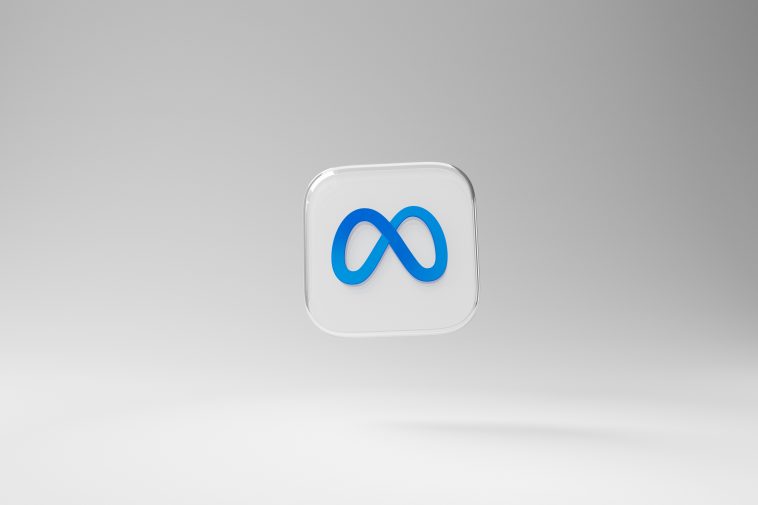Until now, open-source large language models (LLMs) have typically been overshadowed by their closed-source counterparts in terms of performance and capabilities. To change this dynamic, Meta is making its latest AI models publicly available, heralding a new era where open-source models are poised to lead the field.
Introducing Llama 3.1 405B, which Meta claims to be the world’s largest and most advanced openly accessible foundation model, emphasizing collaboration and accessibility.
This release follows the success of previous Llama versions, which have accumulated over 300 million downloads, including Llama 3.1 70B and Llama 3.1 8B. The new Llama 3.1 405B model, equipped with an impressive 405 billion parameters, showcases its prowess in general knowledge, steerability, mathematics, tool usage, and multilingual translation, matching the capabilities of the leading AI models currently on the market.
It can extend the context length up to 128K and supports eight different languages. Utilizing its multilingual capabilities, you can compose a prompt for it to translate the story of the Goose that Laid Golden Eggs into Spanish. For software development tasks, you can write a prompt that enables it to develop a program capable of generating a perfect maze. This program can use either a recursive backtracking algorithm or a depth-first search algorithm, and allows for customization in terms of size and complexity.
As of July 23, 2024, Meta AI has been launched in 22 countries, such as the United States, Australia, Canada, Ghana, Jamaica, Malawi, New Zealand, Nigeria, Pakistan, Singapore, South Africa, Uganda, Zambia, Zimbabwe, Argentina, Chile, Colombia, Ecuador, Mexico, Peru, and Cameroon.
Previously, Meta AI was briefly available in the United Kingdom; however, Meta halted its expansion within the European Union (EU) due to regulatory issues.
Users can access Meta AI via WhatsApp, Instagram, Messenger, and Facebook, and it supports multiple languages including English, French, German, Hindi, Hindi-Romanized Script, Italian, Portuguese, and Spanish.
By releasing Llama 3.1 as open-source, Meta is encouraging global developers to experiment with, enhance, and further develop this advanced AI tool, a feature not available with OpenAI’s ChatGPT or Google’s Gemini.
The response from Microsoft, Google, and OpenAI remains uncertain. However, earlier this year in March, Elon Musk’s xAI introduced Grok-1, its 314 billion parameter Mixture-of-Experts AI model, to the public. One thing is clear: the competition to create the most potent and accessible AI is intensifying. This is positive for the advancement of AI, as it could speed up innovation in the field and make this advanced technology more widely available.





